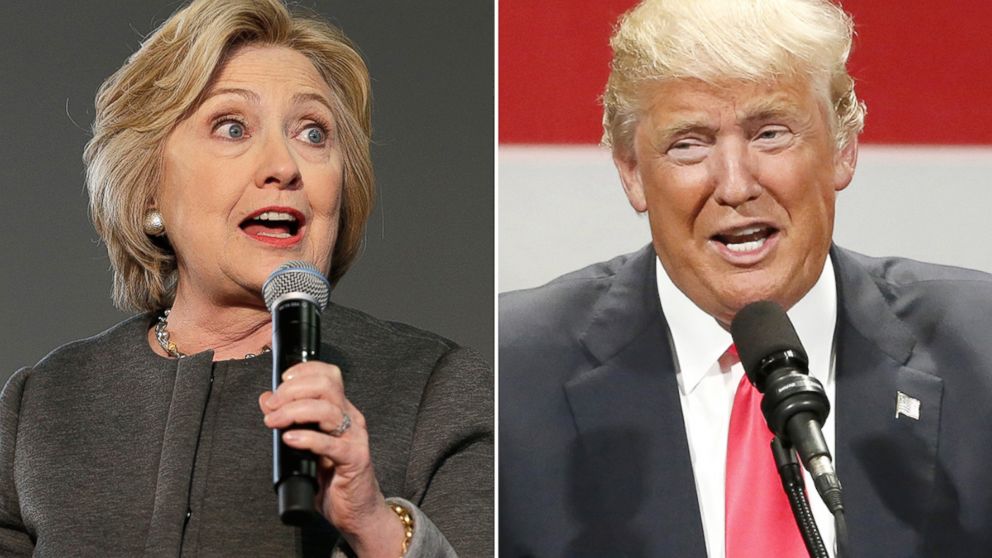COLUMN: Uniting at the Presidential Level May Not Help the Entire Ticket
The establishment should encourage third-party candidates to run.

— -- Both major parties are worried about turnout this November and the effect this could have on their down-ballot candidates. This is driven by the worry that the presumptive nominees of each legacy part of the duopoly has problems with elements of their base.
For the GOP, there is a concern that conservatives won't turnout in November because Donald Trump isn't a true conservative. For the Democrats, there is concern that Hillary Clinton will not have the enthusiastic support of Bernie Sanders fans especially millennial voters. I have a suggestion: the establishment should encourage third party candidates to run who might help turnout those voters and, thus, help down-ballot candidates.
Yes, I am an independent, and believe our country is not being served today by the dinosaurs known as the Republican and Democratic Parties. It is time we innovate our politics and our governance with new institutions that are responsive to citizens. I know folks might question my credibility on this suggestion as it seems like it is helping these broken political institutions. But follow me here as I try and illuminate.
Leaders and operatives of the two major parties are making the argument that there is an imperative to unite behind their nominees for president -- to ensure losses won't be suffered in Congress or in state offices held by the incumbent party. Their analysis is that a united party behind a flawed nominee is better than splits at the top of the ticket, which, in their minds, would have negative impacts up and down the ballot. They operate from the myth that unity is more important than passion among certain groups who currently don't feel represented by either presumptive nominee.
There is no empirical evidence available that says third-party candidates hurt a party down ballot, especially third-party candidates who encourage turnout among groups likely to support one party, overwhelmingly, over the other in races below the Presidential choice.
The question is whether it is better to increase the odds of electing the President by uniting, and not having a third-party candidate siphoning votes, or is it better to drive turnout down-ballot by having a third-party candidate who can increase turnout across the country.
This year, neither of the major parties seem able to do both simultaneously because of their flawed presumptive nominees: Two candidates disliked and distrusted by a majority of the country. Do they choose unity with a drop-off in turnout among key groups, or encourage others to run for President, and help down-ballot members of their party?
This advice I offer practically and without an interest in helping one side or the other. It just seems to me that the leaders of these institutions are stuck in old patterns and old ways, and can't seem to break free from myths that either never applied or don't apply in the current circumstances.
To the myth of paid advertising being key in presidential races and the myth of big data being able to save candidates in trouble, add the myth of unity at the top being key to helping those at the bottom of the ballot.
Too many in the media also buy into all these myths, without questioning their validity. The first order of journalism should be to question what we see and hear, and not repeat the rantings of partisans who can't see the world objectively.
So if, as a partisan of either party, you want to have more success down-ballot but are willing to risk the White House, then support a third-party candidate who can speak to the hopes and dreams of voters who feel disconnected from your Presidential nominee. If you are a Democratic or Republican officeholder being told uniting is the way to save you, question that myth and consider an alternative route to success.
Matthew Dowd is an ABC News analyst and special correspondent. Opinions expressed in this column do not necessarily reflect the views of ABC News.




